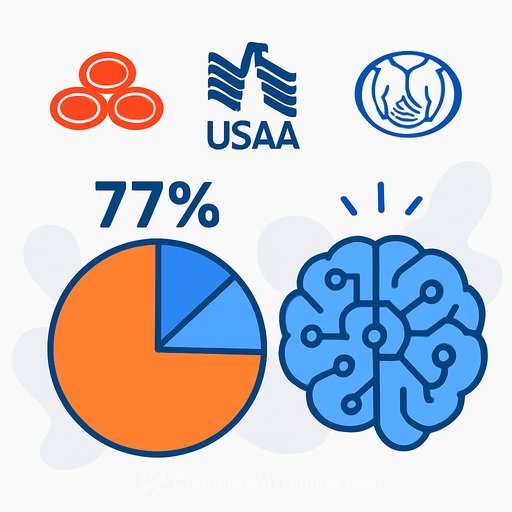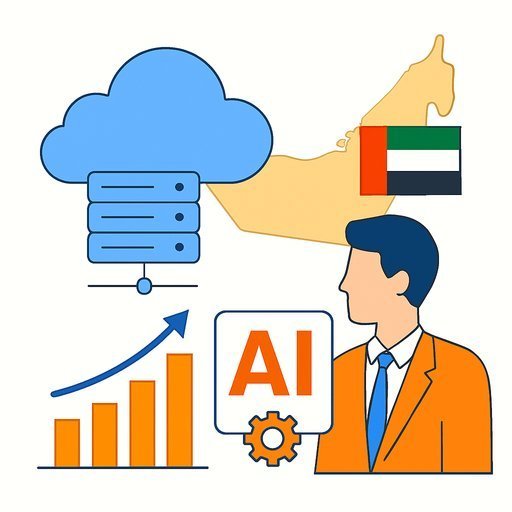AI Can't Replace Empathy in Insurance
Firm Urges Insurers to Preserve Human Touchpoints as Customer Expectations Shift
Artificial intelligence is becoming a key part of insurance operations in New Zealand, automating claims, streamlining underwriting, and personalising products. But a crucial question remains: what happens to the human connection in an industry that deals with people during their most vulnerable moments?
Fintrade Securities Corporation Ltd (FSCL) stresses that empathy remains essential, even as technology takes on a bigger role. While AI can boost efficiency and meet consumer demands for speed and convenience, it cannot replace compassionate human interaction—especially when customers face personal loss, medical emergencies, or natural disasters.
“AI is transforming insurance, and rightly so,” FSCL states. “In New Zealand, consumers expect efficiency, transparency, and modern digital experiences. Insurers must innovate or risk falling behind.” But the firm warns against removing people entirely from the process.
Insurance is unique because it often intersects with major life events. How clients are treated during these times shapes their overall view of the insurer. Automated systems can misread tone, miss urgency, or send responses that, while accurate, feel cold or inappropriate. For example, a chatbot responding to a death-related claim with a generic “thank you for your submission” may cause more distress than comfort.
These impersonal interactions risk eroding customer trust, especially in a market that values fairness and care. FSCL highlights that human staff bring something critical: the ability to listen, empathise, and respond flexibly. Trained professionals can prioritise claims or adjust protocols based on individual circumstances—decisions beyond the reach of algorithms.
Instead of viewing technology and empathy as opposing forces, FSCL sees them as complementary. AI can handle repetitive, rule-based tasks like fraud detection, data entry, and policy matching. This frees staff to focus on complex or emotionally charged situations.
Removing human touchpoints altogether could alienate certain groups, including older customers, people in remote locations, or those less comfortable with digital tools. As in-person and phone interactions decline, customers place greater value on the quality of remaining human contact.
- Frontline staff now need training not only in policy but also in emotional intelligence and digital communication.
- Even written messages or video calls require careful tone and phrasing to avoid misunderstanding.
- Some insurers use AI tools that flag potentially insensitive language or suggest softer phrasing in real time—tools meant to assist, not replace, human empathy.
As insurance products become more standardised, customer experience will likely become a key differentiator. Companies that combine strong human engagement with appropriate AI use are better positioned to retain clients, earn referrals, and respond effectively during crises.
“Technology can process data and streamline systems. But only a human can sit across the table, look someone in the eye, and say, ‘We’re here for you,’” FSCL concludes.
Your membership also unlocks:






